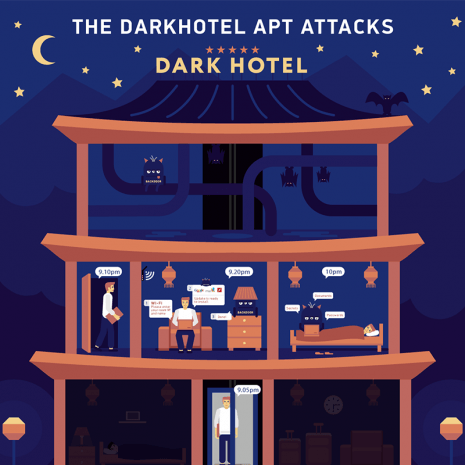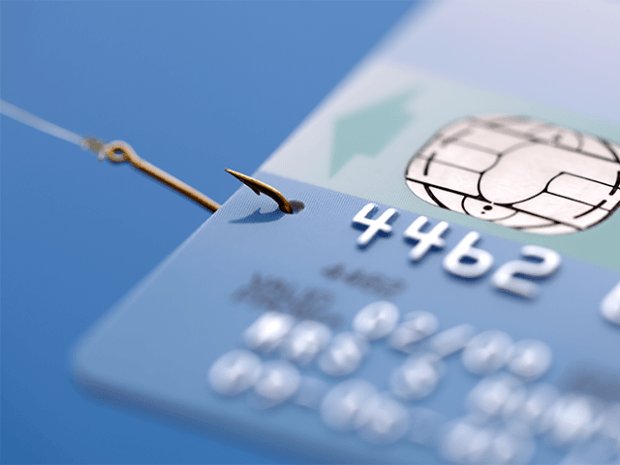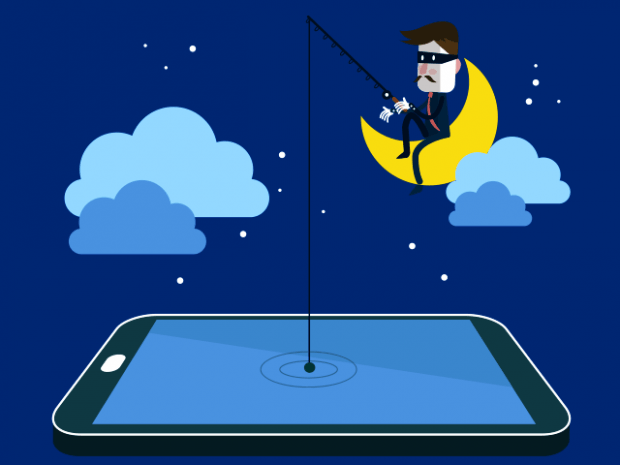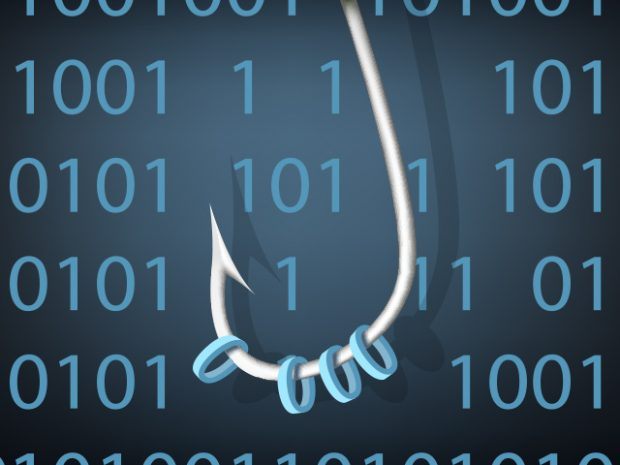
One dollar lesson: defend your buck from online fraud
One dollar lesson is a new interactive project by Kaspersky Lab that aims to help you stay protected from online money frauds. Learn three simple lessons right now!
247 articles

One dollar lesson is a new interactive project by Kaspersky Lab that aims to help you stay protected from online money frauds. Learn three simple lessons right now!

The Carbanak APT group managed to steal a total of $1 bln from dozens of banks worldwide

As is, a QR code can quickly take you to a site or another resource but not necessarily to the one you really want to visit. Thus Kaspersky Lab offers a free and safe QR scanner!

Gaming is enormously popular. Thus, it’s an easy target for cybercriminals looking for a never-ending source of money.

We have constructed a list of promises that you should make to yourself this year to stay safe both online and offline.

Anyone who goes online could be hacked. During Christmas time, this possibility doubles as we make a number of purchases and get so excited that we forget about security.

Kaspersky Lab revealed a cyberspy campaign, Darkhotel, which had been active for seven years in a number of luxury Asian hotels.

Let’s take a look at the security features in the new version of Mac OS X – Yosemite. Apple certainly makes a decent effort.

Your primary email account is often the master key that can provide backup access to all other accounts, which is why you must be particularly careful with it.

Phishing is the most developed form of Internet scamming. Let’s explore the topic in order to better understand why it became so prominent and what measures one can take to avoid a phishing attack.

Online shopping is typically a money-saving move in and of itself, but there are tactics that you can use to keep even more cash in your pocket.

Beware of phishing, malware, spam and other online scams based on the extremely popular ALS Ice Bucket Challenge.

Internet scammers are quite smart and greedy, and know how to disguise their traps, but there are always some ways to find out where these traps are.

Is social engineering beatable? Just as much as you can beat any other kind of deceit. Actually, social engineering is about “exploiting flaws in a human hardware”.

July is over and that means it’s time to look back and observe the latest results of the battle between cybercriminals and prosecutors.

School’s out for summer and the kids need watching. Here are some tools that can help you do the job – at least while they’re on the Internet.

Criminals invented Cryptolocker, spying malware and Zeus banking Trojan. We have new protection against them.

When a computer is operated by a child, it should be protected against a whole new set of threats. Some popular security solutions fail to provide sufficient protection.

Many of the websites that claim to be World Cup streaming services will harm your system and can steal your credit card information, if you let them.

According to research by Kaspersky Lab, 22 percent of phishing scams on the web target Facebook.

One FIFA-related phishing site included a supposedly downloadable ticket, which turned out to be a malicious form of the Banker Trojan that steals sensitive data surrounding users’ online banking data.